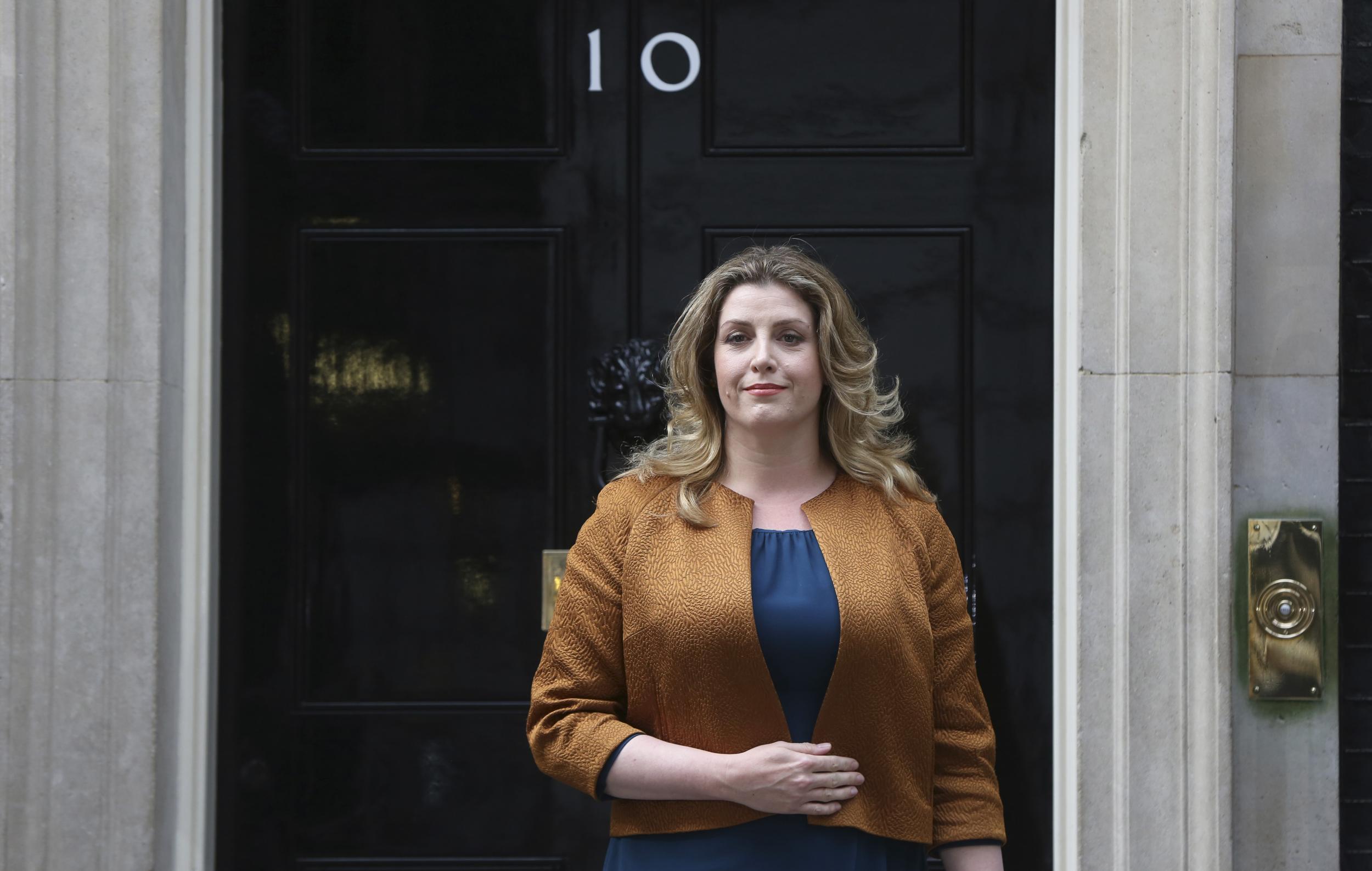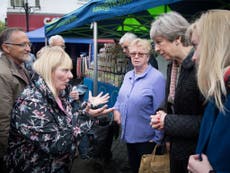I wrote a pledge to ensure MPs protect the rights of disabled people and their carers – but only two candidates bothered to respond
The Government keeps telling us that there is no magic money tree. Yet the army of unpaid family carers are exactly that – a magic money tree who, through their efforts and sheer hard work, save the treasury millions every year


On Thursday the country will decide who will be our next Prime Minister. With that in mind I wrote a pledge asking my local candidates and members of the cabinet and shadow cabinet to commit to placing disabled people and carers at the heart of their future policy decisions. My suggestion was that candidates pledge to create a cross party group of disabled people and carers within each of their constituencies to consult their elected representatives on any disability related policy decisions. If the MP chooses to abstain from voting, they will have to feedback their reasons to the group.
The pledges details the following:
“I the undersigned pledge not to forget disabled people and carers once the election is over but instead, I agree to add my name to a list of MPs who are in agreement that no policy, which directly affects disabled people and carers, should henceforth be drawn up without disabled people and carers being involved in it.
I call for a committee of independent cross party disabled people, carers and campaigners (with no financial input from government except travel expenses) to be a working group within my constituency, who will be consulted over all policy decisions that I'm expected to vote on. In the case of abstaining from the vote I will meet with the group to explain my reasons why.
I also agree to be held accountable if the aforementioned group is not assembled within 3 months of my election.
Because I actually do care and this is just the sort of thing that made me want to be an MP in the first place”.
I have to tell you that the response has been very disappointing. My local Labour and Green Party candidates agreed and added their name – but I’ve heard nothing from the Lib Dem or Tory candidates so far.
This is indicative of the lack of importance accorded to disabled people and carers, and the reason why I drafted the pledge in the first place. A key example of this de-valuation of disabled individuals is the manner in which their treatment is being decided.
My learning disabled daughter Emily, who has autism and epilepsy, is funded by the NHS Shropshire CCG under continuing health care. Many packages of care in other parts of the country are precarious ones, as cash strapped local NHS trusts are placing learning disabled young men and women like Emily in psychiatric hospitals, not because of health needs but seemingly due to funding issues. This was reportedly endorsed by Penny Mordaunt, the minister for disabled people.
All guidance opposes this. The current thinking is that moving learning disabled people out of these psychiatric hospitals (commonly known as assessment and treatment units) and instead into the community is more beneficial. Yet, we have some CCGs instead choosing to disregard the evidence and keep disabled individuals as inpatients.
In addition to this, the treatment of carers who dedicate their lives to looking after disabled people is despicable.
The Government keeps telling us that there is no magic money tree when it comes to funding all of the services on which we rely. Yet the army of unpaid family carers are exactly that – a magic money tree who, through their efforts and sheer hard work, save the treasury millions every year.
I joined in with the BBC Woman’s Hour election debate earlier in the week, and I argued the aforementioned point. Jane Garvey referred rightly to those who are family carers in this country, a role incidentally which disproportionately falls to women, as the backbone of the nation. Amber Rudd was the first to address the issue I raised and she offered her sympathy to my situation.
However, carers and disabled people need so much more than sympathy, so much more than being blamed for the welfare bill and so much more than being referenced by the foulest expression as “bed blockers” when CCGs choose to keep them as inpatients when they could be living fulfilled lives within the community.
A society is judged on how it treats its most vulnerable members. So far politicians are deemed to have fallen short of any of their repeated assurances by the United Nations, who investigated the current systems of disability benefits and found them to be a “grave and systemic violation” of disabled people’s human rights.
Instead of sympathy, perhaps all the parties, especially Amber Rudd and her colleagues, who are canvassing for our votes, could sign the pledge. More than ameliorating phrases, more than the oft-stated platitudes, or assurances of compassion, I’d like to see actions in place of words.
A commitment to my pledge would demonstrate a small but meaningful step towards real and lasting change for disabled people in the UK, and their oft-forgotten carers.


Join our commenting forum
Join thought-provoking conversations, follow other Independent readers and see their replies